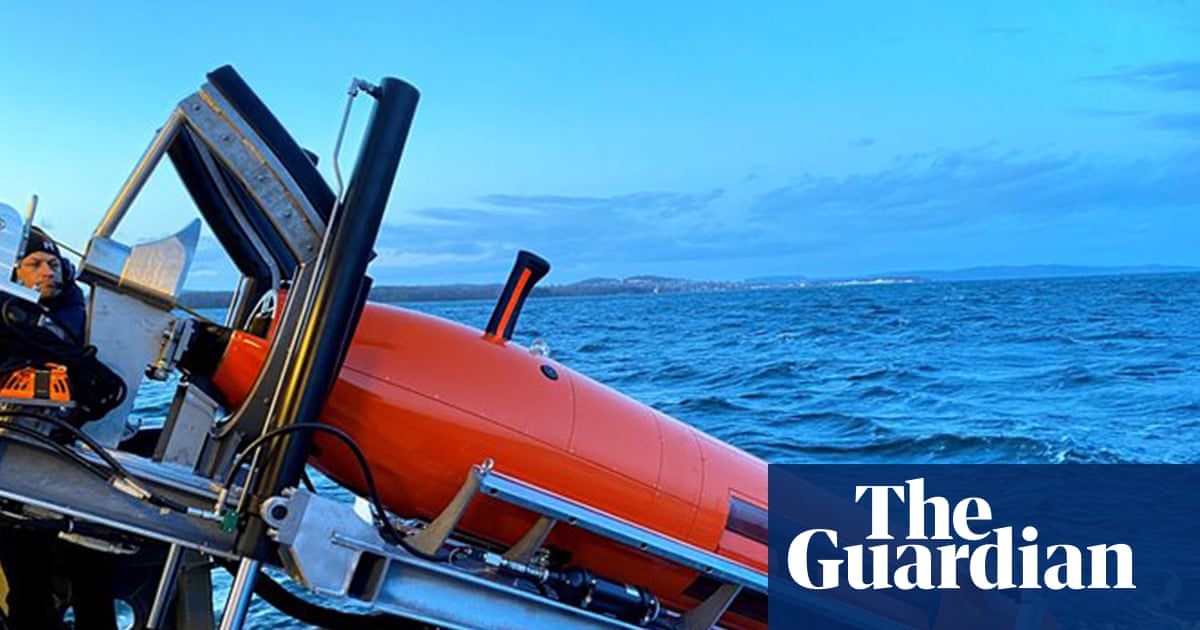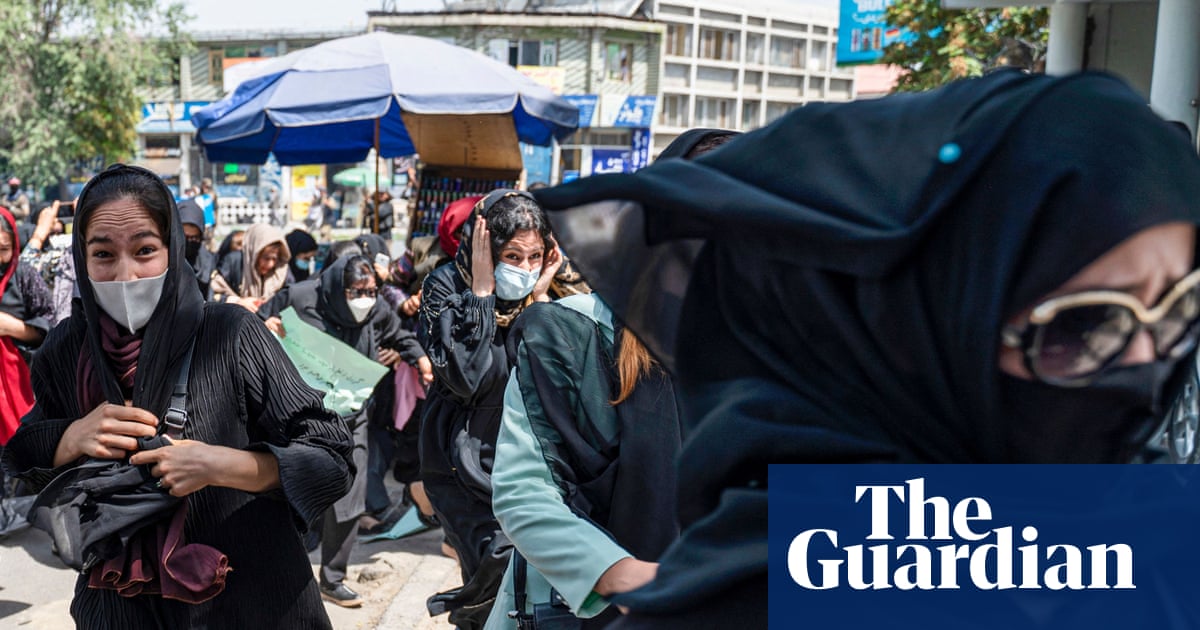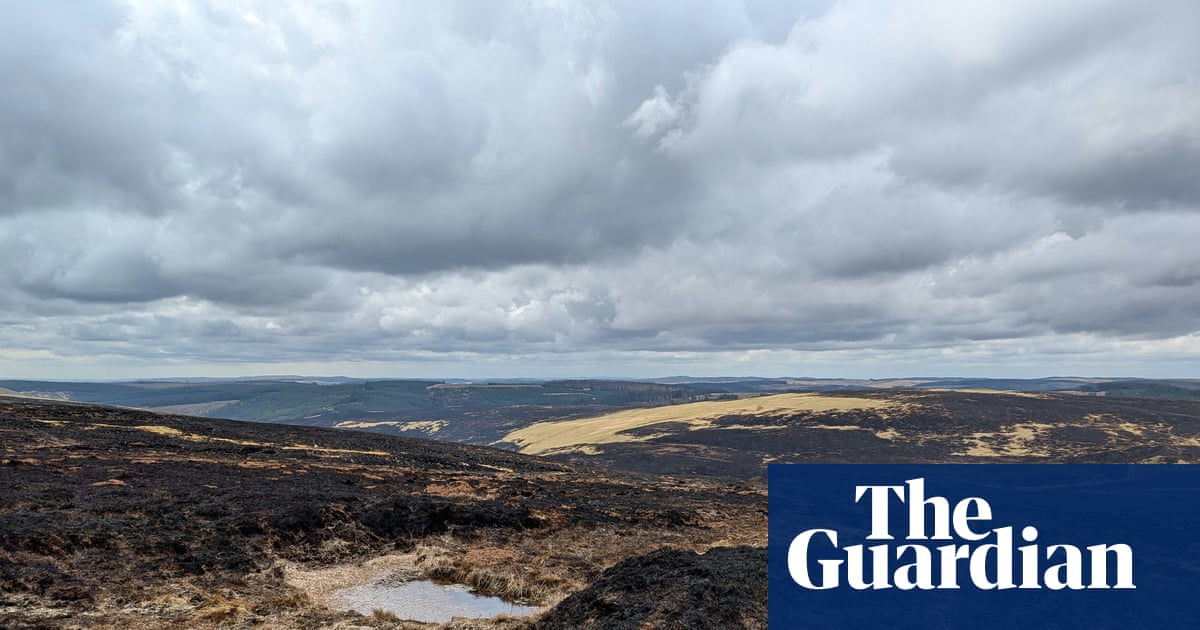Growing up near Bolivia’s Uyuni salt flats, Franz Alí Ramos remembers playing in the high-altitude wetlands near his home during the rainy season. “It was a beautiful recreation area for us and for animals,” he says.
Now, the wetlands have given way to cracked, sunbaked earth – a change that Alí Ramos blames on nearby operations by Bolivia’s state lithium corporation, Yacimientos de Litio Bolivianos (YLB). The government has recently signed lithium mining contracts with two foreign companies – one Russian and the other Chinese – and residents fear more serious damage is yet to come.
“Our communities are in a state of emergency,” says Alí Ramos, who lives in Río Grande, a small town on the southern edge of the Uyuni salt flats 18 miles (30km) away from YLB’s Llipi lithium plant.

Lithium industrialisation in Bolivia began in 2008, when the then president Evo Morales announced a plan to nationalise the country’s reserves concentrated in the Uyuni salt flats.
It took until 2023 for the first plant to open, however, after claims of mismanagement by YLB and the 2019 political crisis – when Morales was forced to resign by the military over allegations of election fraud – brought delays.
Since the plant’s inauguration, output has fallen far short of targets: in 2024, it produced only 2,000 tonnes of lithium carbonate, far below its estimated annual capacity of 15,000 tonnes.
Frustrated by the slow progress, YLB signed contracts worth $2bn (£1.49bn) with Russia’s Uranium One Group and the Chinese consortium CBC last year.
That meant a change in strategy to unlock the underexploited metal’s potential using a new extraction technology that enables faster lithium processing than traditional methods, supposedly using less fresh water – although critics dispute this, noting it increases the amount of waste brine.
A US Geological Survey report this year estimated Bolivia’s lithium reserves to be 23m tonnes, 20% of the global total. Advocates hope the metal – a crucial ingredient in electric-car batteries – can provide a path out of the country’s worst economic crisis in decades.
The contracts have been approved by an economic commission of deputies but await signoff from the full legislature before they take effect.
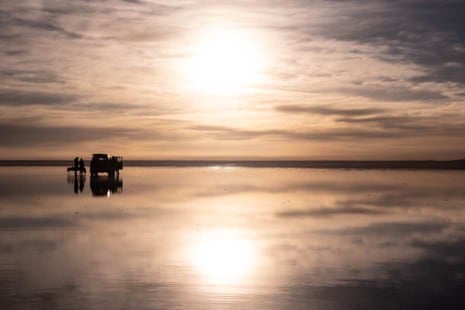
However, Bolivia is in the middle of a presidential election. In the first round of voting on 17 August, a conservative and a centre-right candidate emerged as frontrunners and will face each other again in a runoff in October. Protesters want MPs to delay ratifying the deal until after the new government takes office in November.
Their concerns go beyond the timing of the elections. YLB has been criticised for the opacity of the contracts and it failed to consult Indigenous communities or conduct an environmental impact study, as required under Bolivian and international law.
The company maintains that consent from communities near the mine is unnecessary because the salt flats fall under national jurisdiction.
But Gonzalo Mondaca, of the environmental organisation Cedib, argues that it is very much a local issue because the high desert ecosystem relies on fragile, nonrenewable aquifers and lithium mining is water-intensive, extracting from below ground 15 times what is naturally replenished by rain.
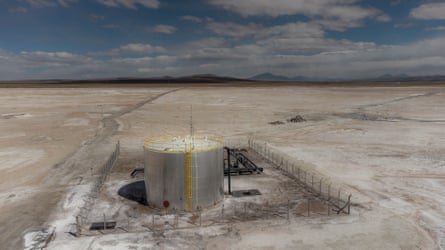
“Any exploitation, even at the lowest level, could alter the system,” he says, pointing to the International Labour Organization’s Indigenous and Tribal Peoples Convention, to which Bolivia is a signatory. “It does not just refer to territories, but to the possibility of being affected. That’s why communities are demanding consultation.”
Heavier water use would be felt acutely by the majority Quechua population in the Nor Lípez Indigenous territory just south of the salt flats, says Iván Calcina, secretary general of the Provincial Central Union of Indigenous Communities of Nor Lípez (Cupconl), which represents local Indigenous people.
Groundwater sustains llama herding and quinoa farming, which are essential to local livelihoods but could become unviable if lithium mining expands. “We’ve never had much water here,” Calcina says. “If it runs out, we’ll have to migrate to the cities.”

Many from his community of Culpina K have already moved to Chile in search of work. “Prior consultation is important so that the state can tell us how we’ll be affected, and what they’ll provide in return,” says Calcina.
Although it has rejected the need for community consultation, YLB has stated that it will conduct environmental impact studies – but only after the legislature approves the two contracts.
“If they say the project isn’t viable, the money will already be there,” Calcina says. “It’s like putting on your shoes before your socks – it makes no sense.”
So far, YLB’s mining have been a relatively small-scale operation, but residents worry that existing problems will be intensified if the contracts are approved – and have little hope for the promised economic benefits. “There isn’t even a law regulating lithium,” Calcina points out.
Most residents of Río Grande work in agriculture or in nearby zinc and lead mines. “We were very hopeful when they announced the industrialisation project in 2008,” recalls Donny Alí, a former president of the town’s civic committee and a former general director of lithium at the energy ministry. “They made us believe we’d become the Dubai of South America.”
after newsletter promotion

Since then, he says, the community has seen none of the promised benefits, with jobs going to workers from elsewhere: “We haven’t seen a single cent.”
Yet the downsides have been clear. Vicuñas – wild camelids whose wool fetches a better price than alpacas’ fleece – are an essential source of income for local people who shear them. But after YLB installed more than 20 wells near the town, residents claim that the high-altitude wetlands where the animals congregated have dried up.
“The vicuñas have had to migrate to other areas where there aren’t humans,” Alí says, making them harder to corral. “It’s a financial loss, and no one’s making up for it.”
If the new contracts are approved, he fears that increased industrial water use could worsen the problem. “There aren’t any technical reports that guarantee we will continue to have water,” he says.
Alí Ramos, a member of Río Grande’s civic committee, says the community feels powerless, adding: “We’re the ones who will be affected.”

Tourism has also suffered. Residents say YLB prohibits traffic across the salt flats near Río Grande, so anyone wanting to visit them has to make a 60-mile (100km) journey east to the main entrance near the town of Uyuni. The company has also reportedly restricted access to Cerro Llipi, a mountain where residents perform traditional rituals for rain.
“We fought to at least be able to access our mountain without permission, but they denied us that as well,” says Alí Ramos.
José Valda Belén, a tour operator based in Uyuni, believes the same could happen to the tourism industry if the contracts are approved. “They might impose visiting restrictions,” he says, fearing problems for one of Bolivia’s top destinations.
Despite repeated requests for comment, YLB declined to respond directly, citing administrative reasons.
In October, the centre-right senator Rodrigo Paz Pereira, son of a former president, and the rightwing former president Jorge “Tuto” Quiroga will face off in the presidential election, which will end nearly 20 years of leftwing governments. Both candidates say the “white gold” will revive Bolivia’s struggling economy.
Quiroga has promised to manufacture batteries domestically, which the environmentalist Mondaca says is unfeasible due to Bolivia’s distance from major markets and lack of other battery materials.

Paz Pereira has pledged to process magnesium byproducts as well as lithium carbonate to create more products for export. This proposal “is more realistic”, says Mondaca. “But the truth is that even if the work started in earnest today, there wouldn’t be results for years.”
Meanwhile, lithium prices have declined by 90% over the past two years, despite growing demand for the metal, due to oversupply by China.
In May, the local Indigenous organisation Cupconl filed a lawsuit, alleging that YLB had failed to consult the community, as required under the constitution but a judge dismissed the case on the grounds that a class-action suit was not appropriate. Calcina says the group plans to appeal against the decision and take the case to the Inter-American Commission on Human Rights if necessary.
On 20 August, a judge ordered a temporary pause in the contract approval process until YLB conducts an environmental impact study and obtains consent from the affected communities.
Opponents of the mines are now waiting to see what the new government will do, amid disillusion with the previous leftwing government. Mondaca notes that the Movement Towards Socialism (Mas) party, which was in power since 2006, talked about Indigenous rights but often failed to translate the rhetoric into action.
Though the results of the election’s first round mark the end of Mas’s grip on power, critics say that the rightwing parties’ bet on lithium as an economic saviour for Bolivia’s problems continues an extractive model that has caused environmental destruction and violated Indigenous rights since colonisation.
Alí Ramos in Río Grande is one of those who has lost faith in Mas. “God willing,” he says, “the next government has the environment on its agenda.”

 3 months ago
49
3 months ago
49




